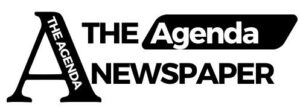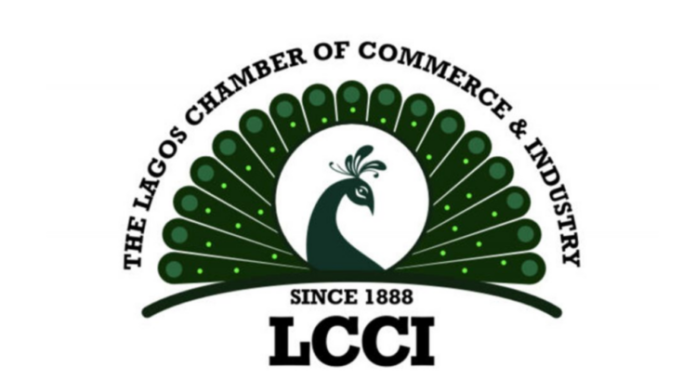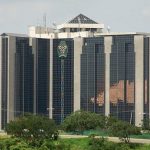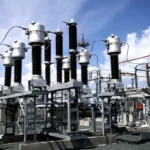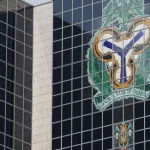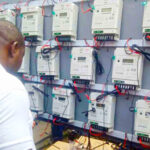The Lagos Chamber of Commerce & Industry (LCCI) has expressed concern about the elevated cost of conducting business in Nigeria, citing factors such as the recent hike in the Monetary Policy Rate (MPR) and the increase in electricity tariffs.
Dr. Chinyere Almona, the director-general of LCCI, conveyed these concerns in a statement addressed to LEADERSHIP. Almona highlighted the Chamber’s dismay over the Central Bank of Nigeria’s (CBN) decision to raise the MPR from 22.75 percent to 24.75 percent, stating that “similarly, we view the recent escalation in electricity tariffs as adding to the already unbearable cost of living and doing business in Nigeria.”
She underscored that these decisions are compounded by challenges in importing and clearing goods at Nigerian ports, with fluctuating import duty exchange rates making business planning arduous. Almona emphasized that feedback from businesses and analysts suggests that these actions will significantly burden the private sector, worsening an already challenging economic landscape.
Almona noted that the private sector, crucial for driving growth and employment in Nigeria, is grappling with heightened borrowing costs, reduced investment incentives, policy uncertainties, and pressure in the foreign exchange market. She observed that the recent MPR hikes have translated into higher interest rates, hindering businesses’ access to credit for essential functions like working capital, expansion, and sustainability.
While acknowledging the rationale behind removing the subsidy on electricity supply to attract foreign investors with a cost-reflective tariff, Almona advocated for subsidizing production rather than consumption. She urged for an extensive metering program to cover all electricity consumers and emphasized the necessity of a robust regulatory and policy framework to attract more foreign investments into the power sector.
Almona pointed out that small and medium-sized enterprises (SMEs) are disproportionately affected by the MPR hike policy, given their thin profit margins and reliance on affordable credit. The surge in borrowing costs stifles their ability to invest in productivity enhancements, hire new employees, and contribute to economic growth.
The Chamber urged the CBN to reconsider its monetary policy stance and refrain from further interest rate hikes. Almona also suggested that the CBN explore alternative policy measures to facilitate credit access, encourage investment, and support entrepreneurship. Additionally, she recommended creating an enabling environment for local meter manufacturing to address the gap in meter deployment.
